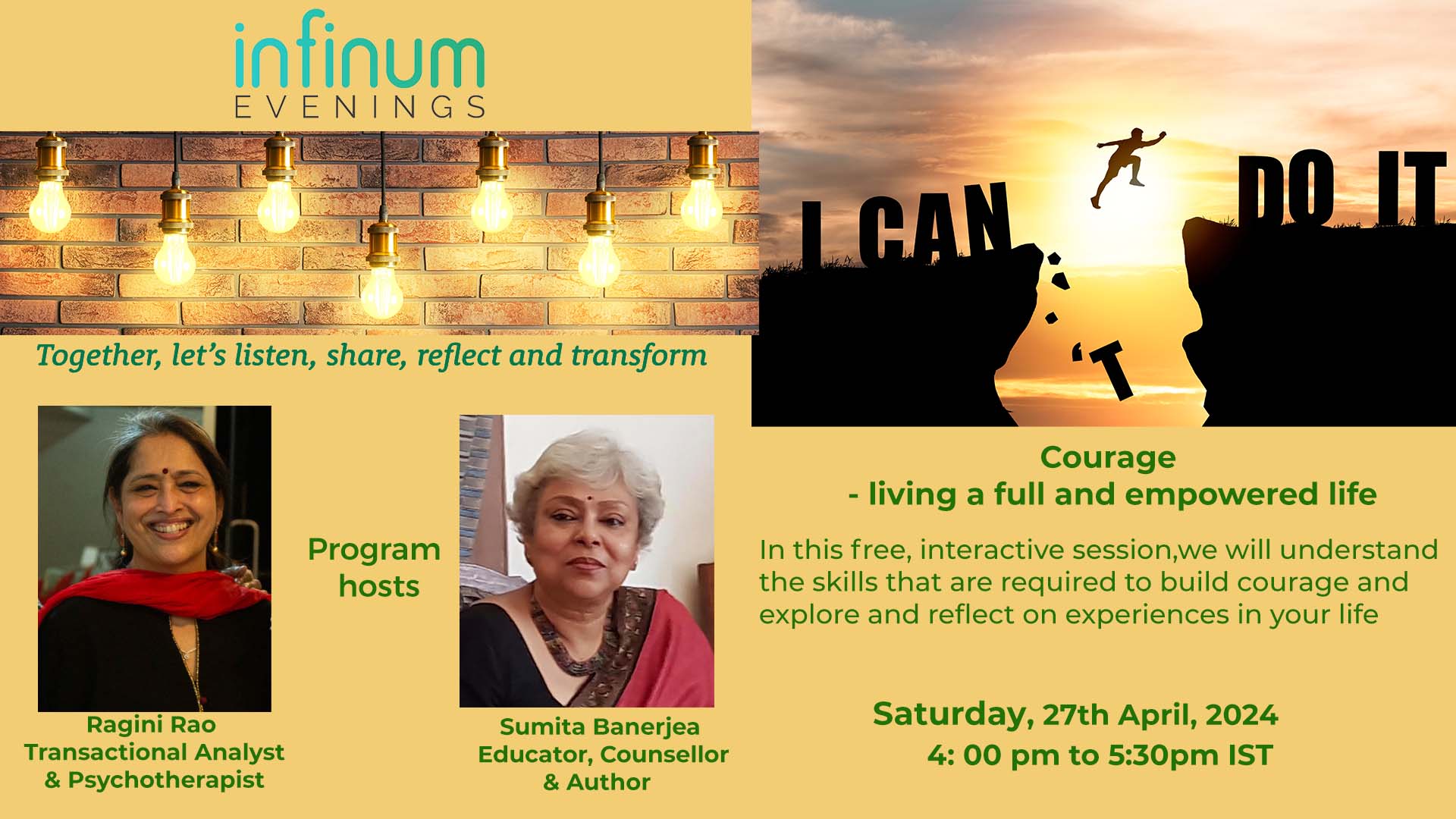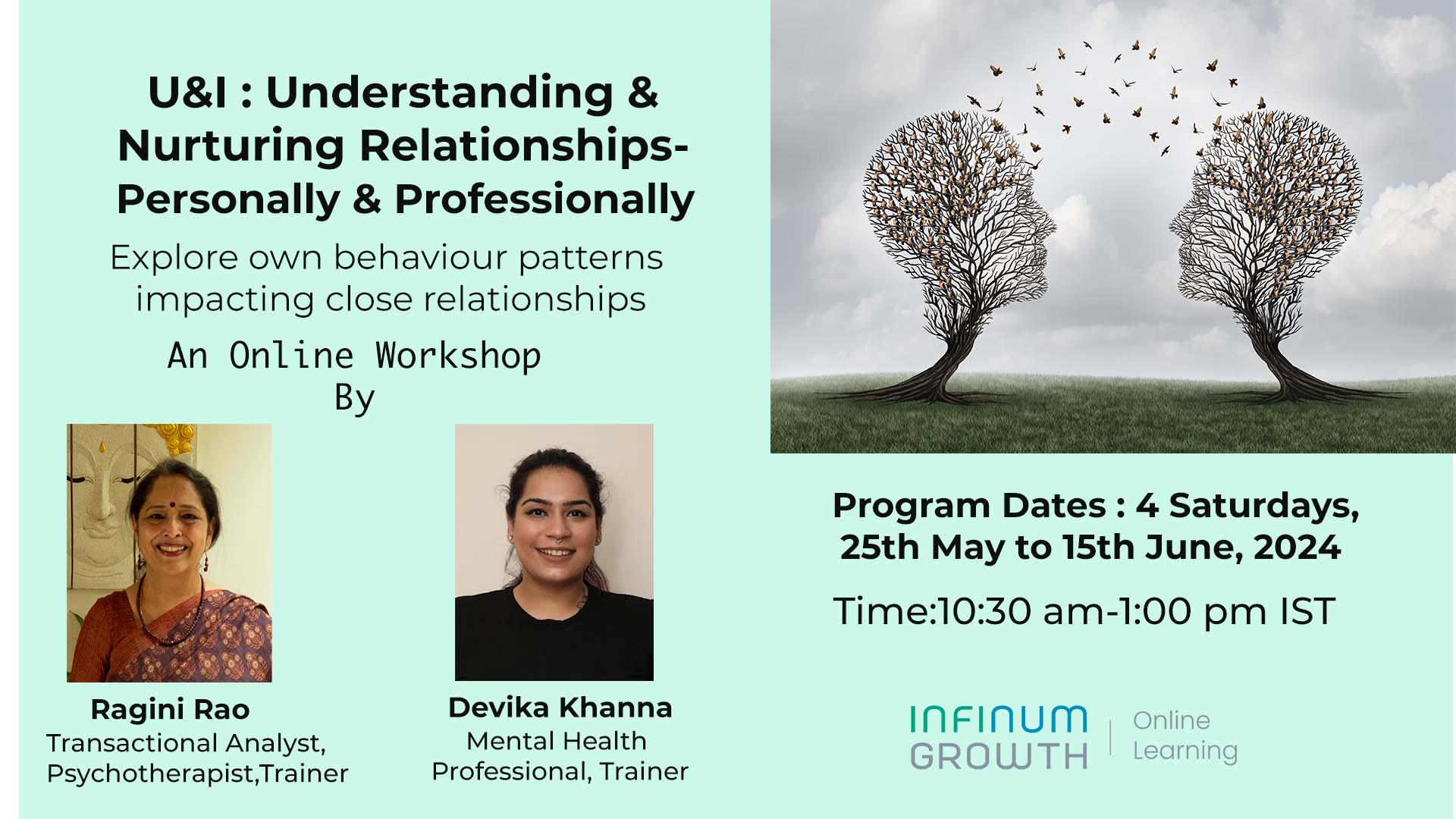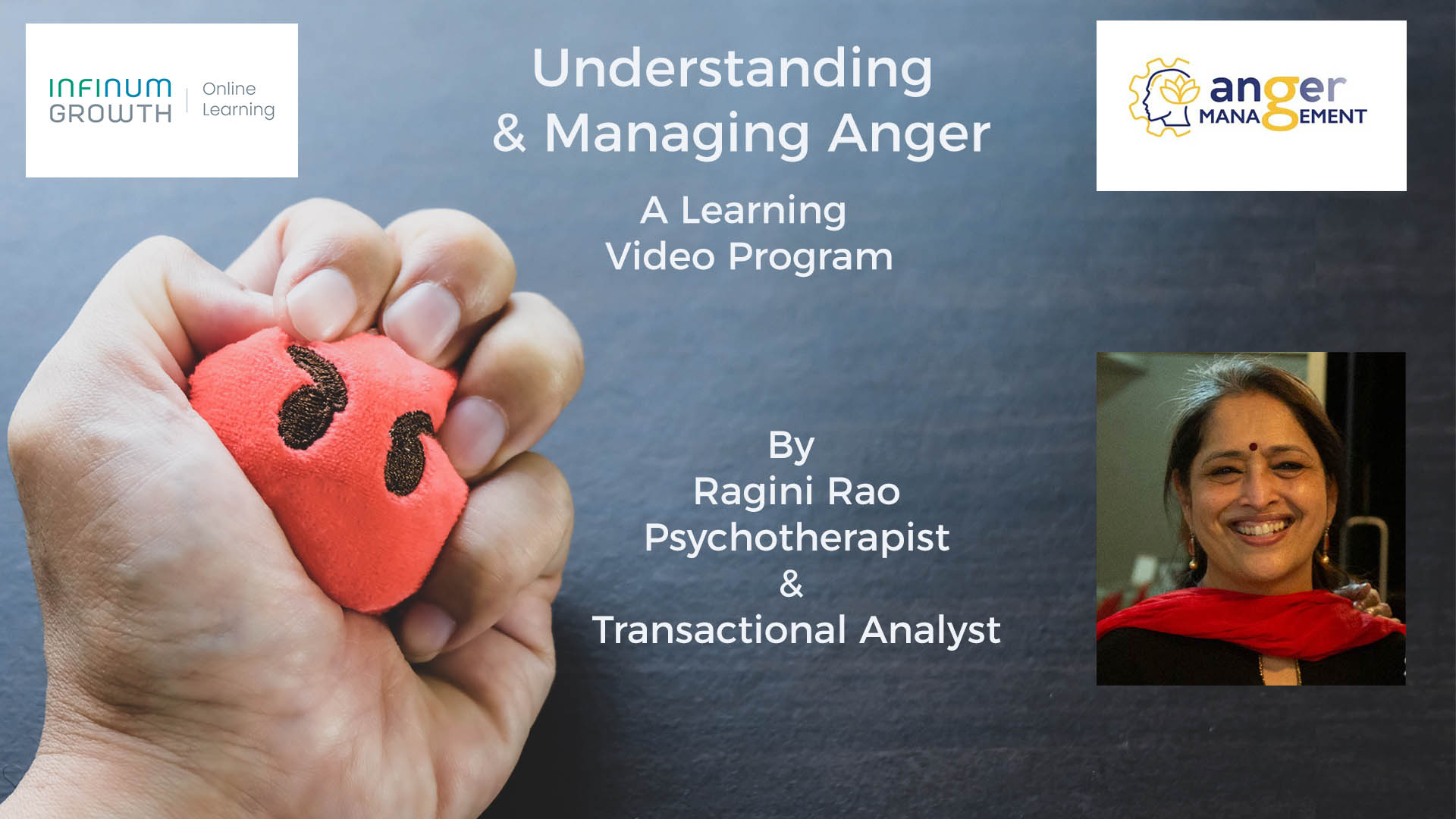Did it ever strike you that management of organisational fitness would be similar to that of a human body?
It struck me as I went through some personal fitness problems.
But, let me start from the beginning.
Even fitness buffs have fitness troubles
I am quite a fitness buff and exercise regularly. Over the last year, I sometimes experienced mild lower back pain. When that would happen, I would take it easy for some time, thinking I may have strained my back and do some asanas to relieve the pain. However, last month, the pain resurfaced; and this time, it refused to be “just managed” and go away. It persisted and I figured that there’s more to this pain and it required attention.
Working with my yoga teacher, I found that it’s a small band of muscles called Piriformis, in the lower back region, which was pressing on a nerve and causing the pain. Google search told me that it even has a name – Piriformis Syndrome! The muscle band had become hard due to not getting much exercise and here it was, causing pain that was not only dysfunctional, but also one that I couldn’t ignore any longer.
Flexibility and fitness depend on smaller muscles too
My teacher explained that most often, in our exercise routines, we pay attention to large muscles and traditional ways of exercising, by isolation and weight training, focus on that. However, flexibility and fitness for everyday life come from not only doing that but, by also paying attention to the smaller muscles as well, that are embedded deeper and not very easy to isolate and exercise. When we don’t pay attention to them, we run the risk of injury or pain in long term.
It’s difficult to even become aware of these muscles in our body, let alone exercise them, because they are tiny and it’s so easy to miss them. Also, exercising them seems like no effort on the outside, unlike when you are dead lifting 15kg weights; so a perception is built, that nothing is happening, even when something significant is changing within us. It’s much harder work because it requires a lot of concentration and perseverance.
Lessons for Organisational fitness
This got me thinking – what are the small muscles that don’t fire up in organisations and what’s the impact? Just as human body is a system, so are organisations; and there are things that get more attention then others in organisations. The most obvious, the big issues like bottom line / top line/ profitability / shareholder value (larger muscles) get all the attention while what may not be so obvious, the issues that seem minor (smaller muscles), get ignored or sidelined, until the time they start causing pain or discomfort.
Smaller organisational muscles often ignored
Looking back at my own experience in organisations, the smaller muscles that don’t get enough attention are things like
- attention to processes
- discounting of minority views
- paying attention only to outputs without paying attention to inputs
- paying less attention to some processes because they are not core operations and they don’t directly impact the bottom or top line
Thus, thinking only short term and not looking at sustainability; ignoring early symptoms of problems or just managing them, without looking deeper at what’s causing the problem (what I did in just managing the pain).
Which are the muscles your organisation is ignoring?
I am sure each of us can find many such parts within our organisations that are not firing up because, either we are unaware of them and don’t know how to build them up, or because we are so busy doing the dead lifts that we start believing that paying attention to these issues, which seem peripheral, is not important.
End result – recurrent minor aches and pains which blow up sometimes and impact organisational effectiveness in the long term.
I have decided to make it a part of my exercise routine, to ensure that, all of me is getting my attention and firing up so that my body is in flow.
Which do you think are the small muscles in your organisation that need firing up to achieve the flow?
Please do leave your comments at the bottom and do share with others if you like this article.















very apt analogy. I have learnt the hard way that the way to continue to flex those big muscles (doing high impact martial arts) is to alternate it with building core strength and to strengthen muscles around the lower back and knees (doing yoga). some small muscles of orgs that i think get ignored are * ensuring the right intent (vs. the socially desired outcome) * recognizing the quiet, low key, high performers * building trust * support + contract staff feedback * people’s desire for meaningful work